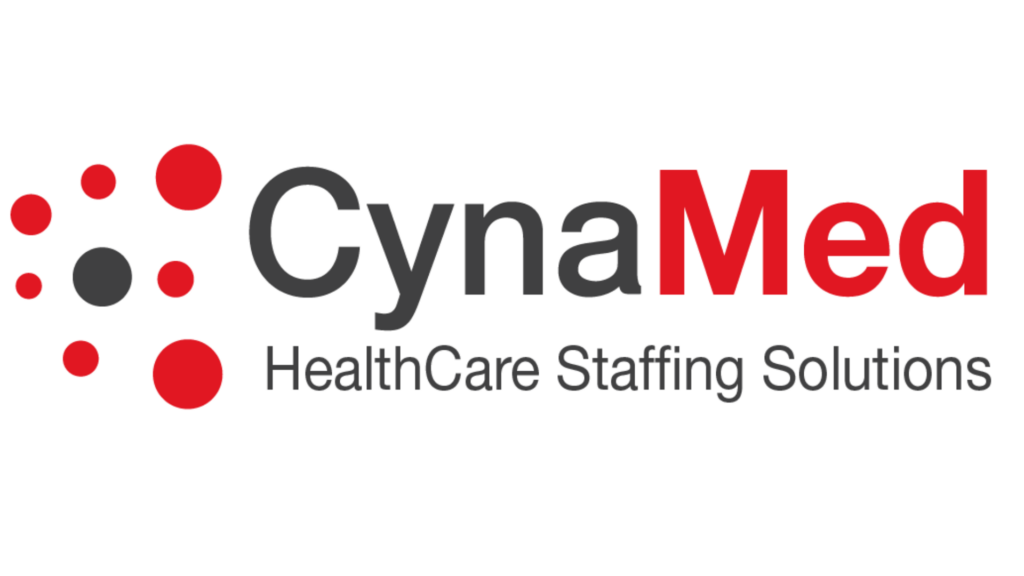As with any college education, funding a nursing career is expensive and often requires student loans. Luckily, there are many resources with advantages that reward a career in nursing through tuition reimbursement or assistance. Many are deterred from a career in health care because of the cost of education. However, this should not be the case if your dream is to enter the highly rewarding field of nursing.
Employer Reimbursement
Some companies offer tuition reimbursement depending on your status and length of time with the company. Check with your employer to see if there are any tuition reimbursement opportunities for you. Tuition reimbursement is a great way to incentivize health workers into furthering their education. Many employers offer at least partial reimbursement or tuition assistance, so making it part of your job search is not a bad idea. Even though a certain amount of service time may be required before you can receive tuition assistance, employer reimbursement is still a fantastic way to help pay for your education.
Find Out How Much of Your Nursing Tuition Is Covered
A college education is more expensive with more debt than in the past. A semester’s worth of course work, which is usually four classes for a full-time student, can cost over $4,000 at a public university. This number can rise if you attend a private college or are an out-of-state resident. Find out how much your employer is willing to cover so you will not be hit with any unexpected costs. Many employers will not cover the full price of tuition. Some are only willing to dedicate a few thousand towards your education, primarily because of tax purposes.
Craft Your Education Around What You Can Afford
Once you have figured out the price of courses and how much your employer will cover, consider crafting your education around these figures. Also, if you are working, it may be difficult to take on a full-time course schedule. For these reasons, being a part-time student may be a better fit for you if you can manage the extra years of being in college.
Make sure you weigh out all the scenarios. Extra years in college can be difficult if you have to relocate, have a family, or if you don’t have sufficient financial resources. On the other hand, being a full-time student may be challenging while working because of daytime classes and heavy workloads. Keep in mind that many professors expect you to treat their courses like a job. Sometimes you will need to spend 5 to 10 hours a week on a single course.
Student Loans
Sometimes, the above scenarios are not an option and you are forced to take out student loans. Many students, especially in the medical field, are required to take out student loans to manage the heavy price of courses, supplies, and student living. Like tuition reimbursement, many employers will cover your student loans. Check with your current or future employer to see if this is a possibility for you. Likewise, many state jobs have programs that waive student loan debt. Each state varies, so check to see what student loan forgiveness programs are available near you.
A Future With CynaMed
If you are wondering what careers in nursing are out there for you or how to become a nurse, check out CynaMed, a premier healthcare staffing company. CynaMed matches industry-leading nurses and healthcare workers with employers to help the healthcare industry thrive and reach its full potential. To inquire about their staffing services or to ask a quick question, give CynaMed a call at 1 (412) 325-3420.






